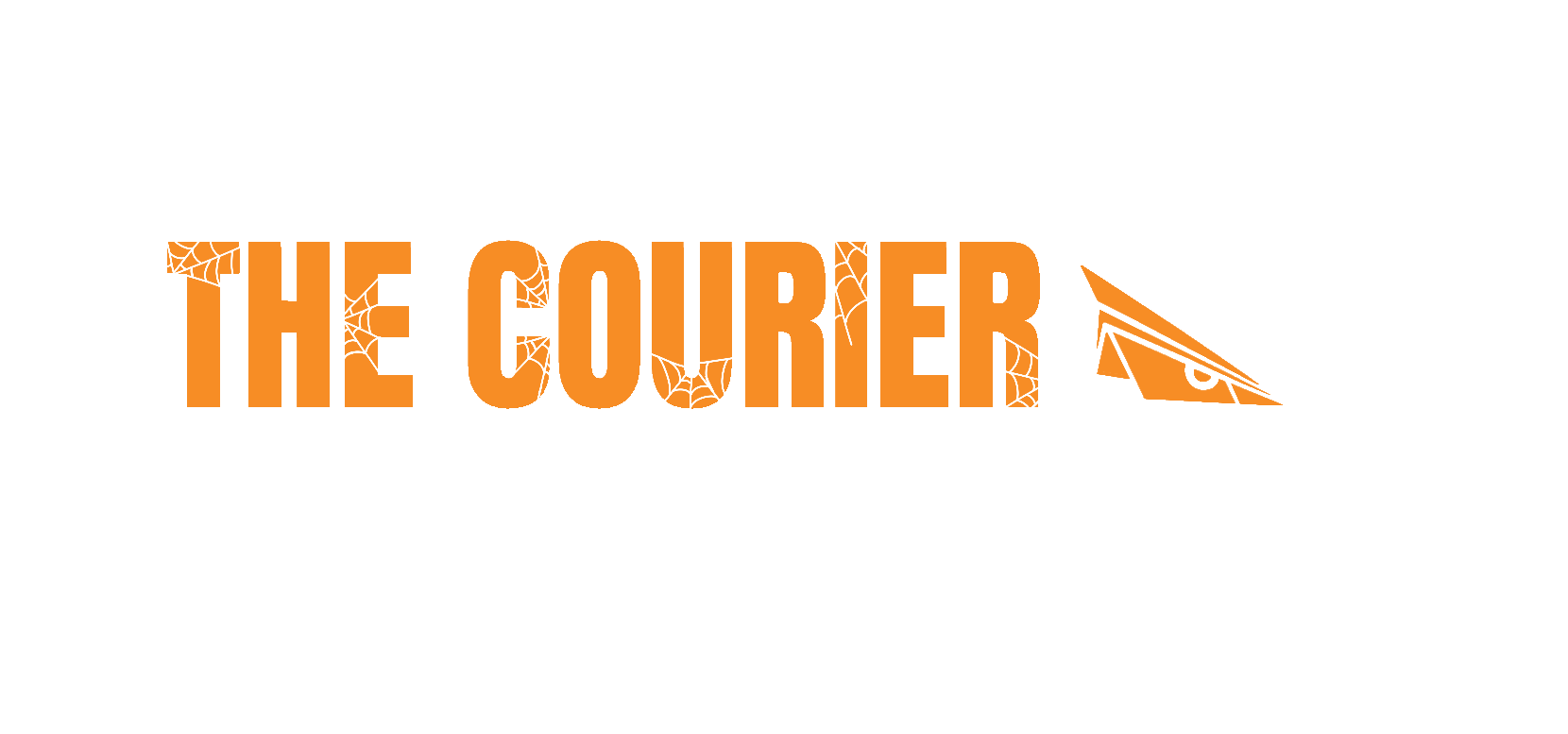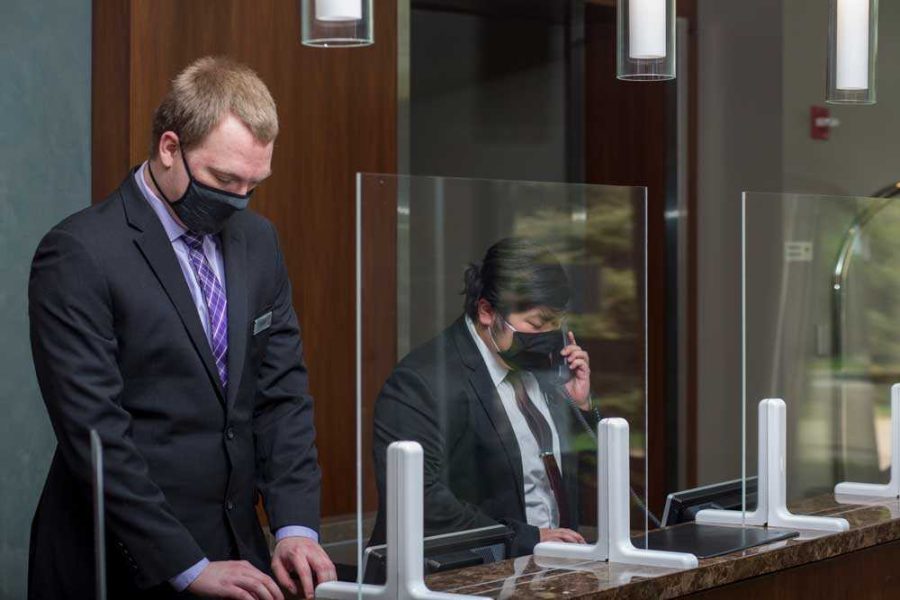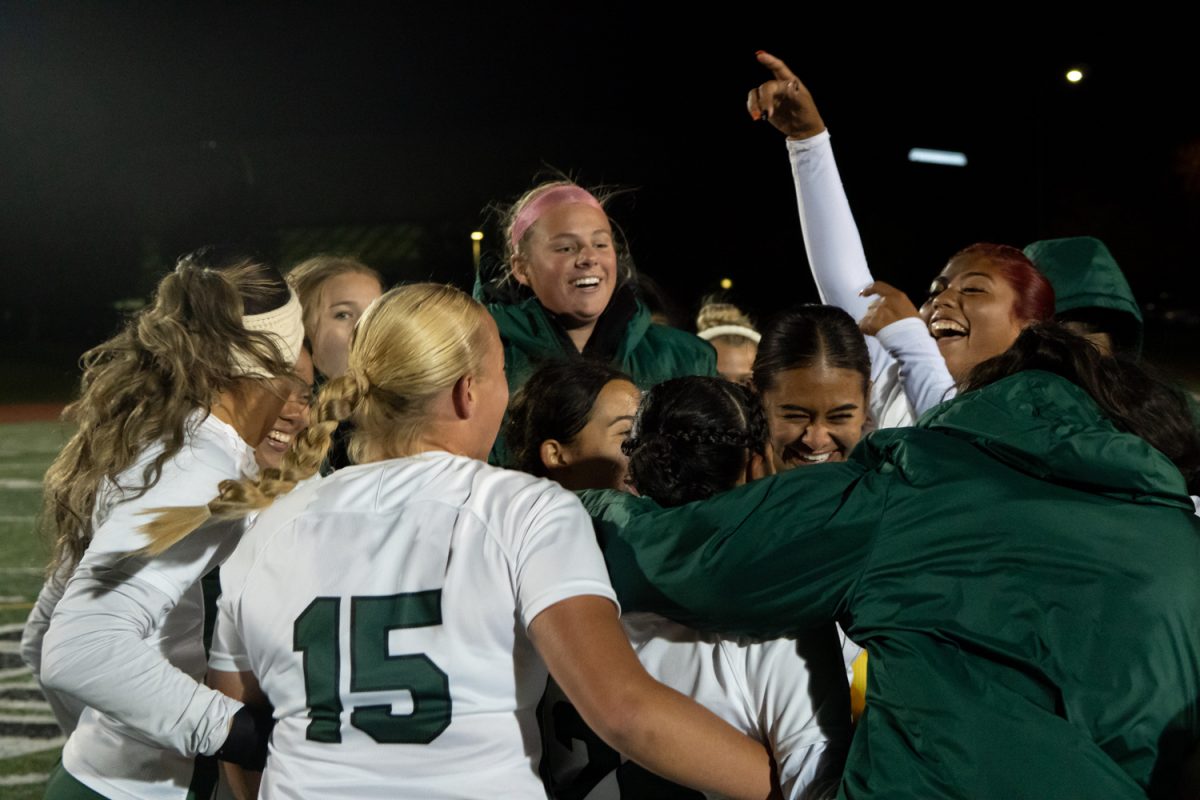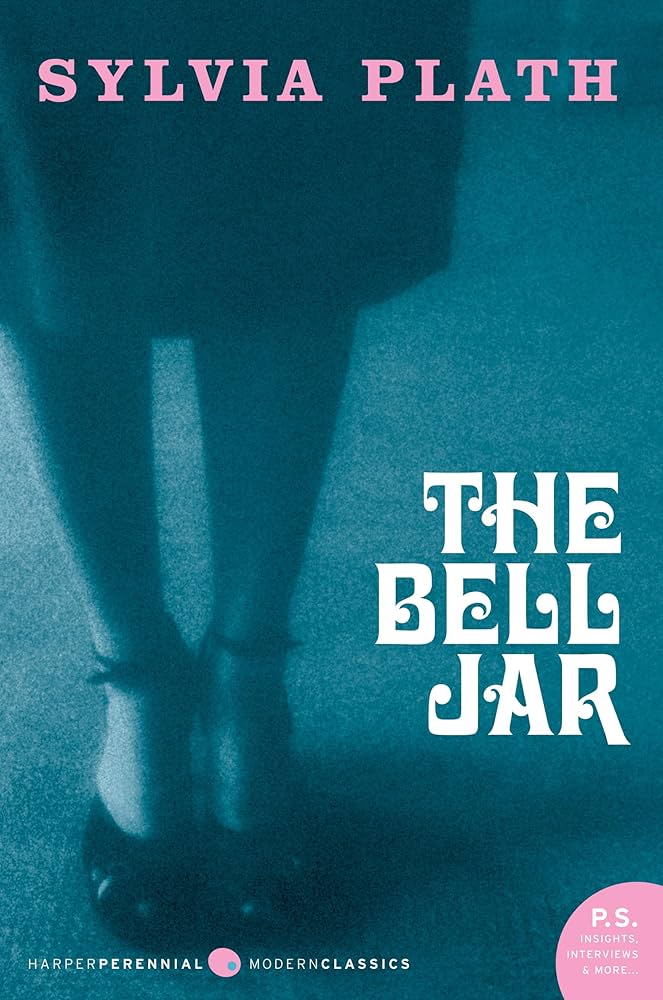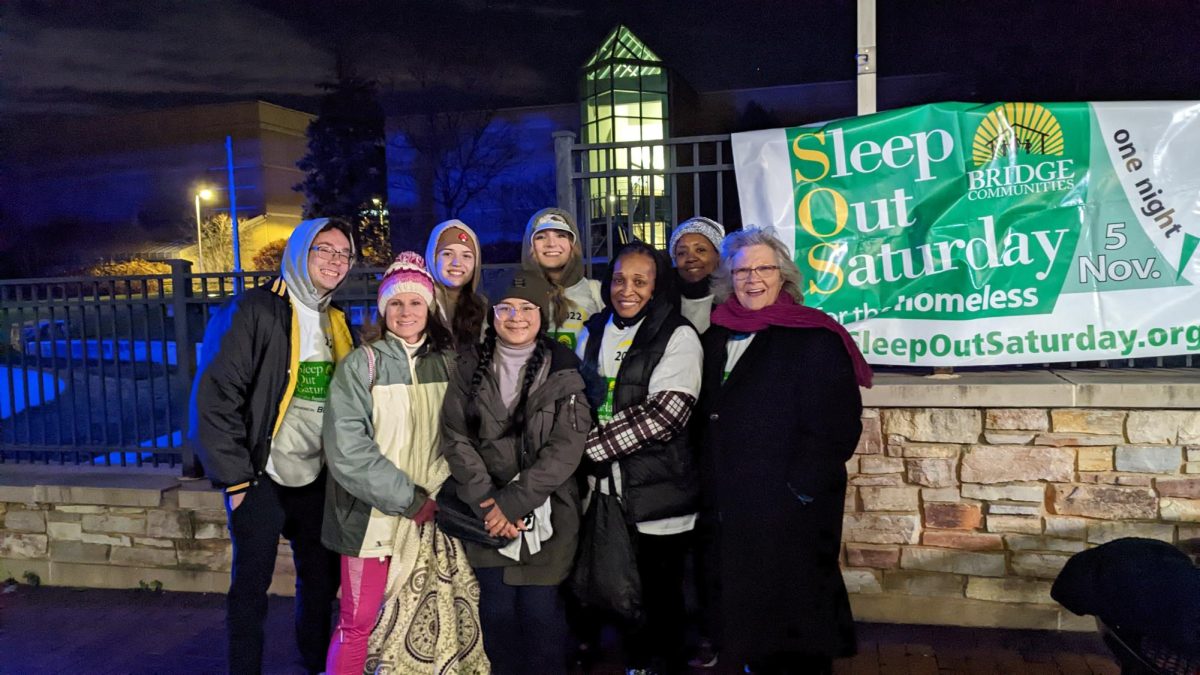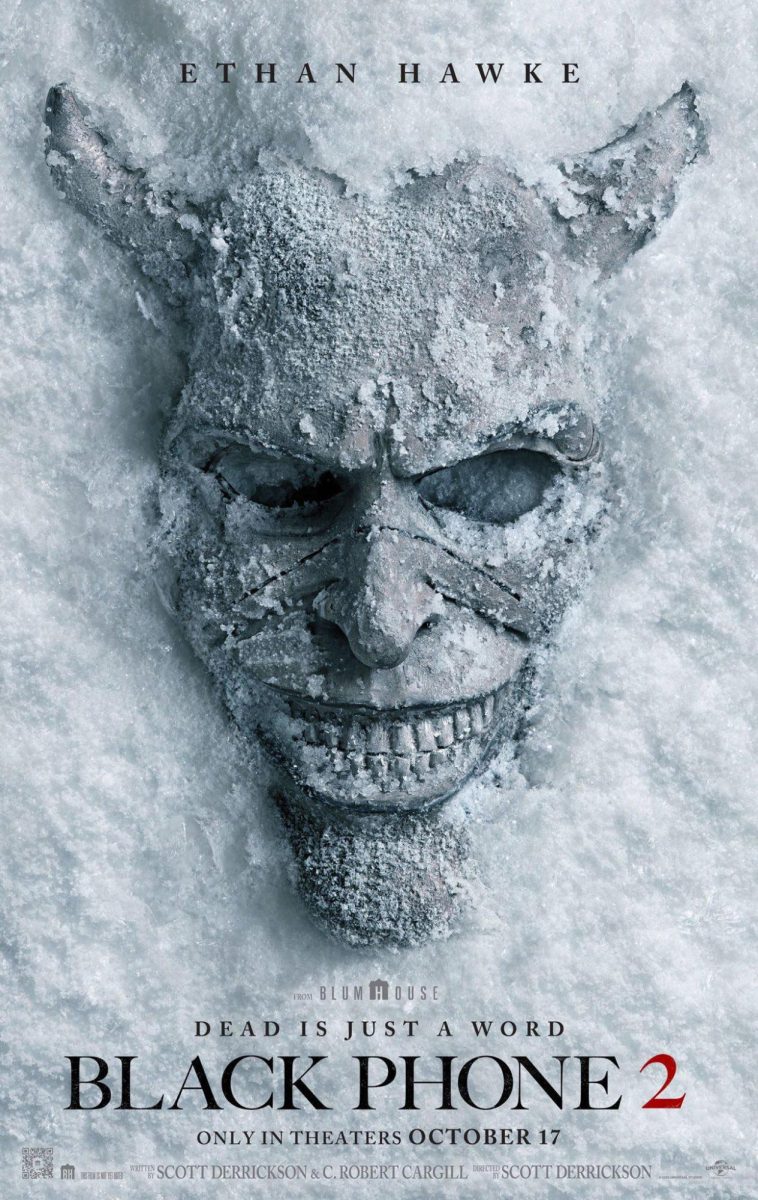Is The Hospitality Industry Reawakening From its COVID Slumber?
Many students see the hospitality industry as a waste of time, can hoteliers and educators change their mind?
March 6, 2023
The College of DuPage hospitality program has seen its lowest enrollment of hospitality students in recent times.
Data from the Research and Analytics department at the College shows a 46% drop in hospitality and tourism enrollment, from a high of 114 students enrolled in 2020 to a low of 62 in 2022. Before the pandemic, enrollment was 134 in 2019.
Professor MaryBeth Leone teaches Hospitality and Tourism management at the College of DuPage. Her vast career and passion has seen her involved in the establishment of a six-bedroom boutique-style hotel and learning lab for hospitality students at the college called the Inn at Water’s Edge.
“Because it was hit so hard, I think that the reputation of our industry took a hit,” Leone says. “We were workers when other workers were remote, and I don’t think we reacted as quickly as we should have.”
A study by hsmai Americas surveyed several universities in the U.S., and nearly half of them said they experienced enrollment challenges in their hospitality programs because of the pandemic.
Just last year, Crowne Plaza Hotel Times Square and the Tallest Holiday Inn, amongst others, filed for bankruptcy.
In 2020, the American Lodging Association (ALA) released data in an article showing that 70% of hotel employees were laid off or furloughed, and eight in 10 hotel rooms across the nation remained empty.
The industry also faces several prominent issues, including rising interest rates, staffing costs, etc. an article published in 2023 on Bloomberg Law’s website shows.
Most students perceive that hospitality only offers long hours, low pay, and no work-life balance, hsmai America’s study also revealed. 24% of universities who participated in the study agreed that the attractiveness of hospitality careers/industry image among students is a challenge that must be tackled.
Dylan Morici, hotel manager at the Inn at Water’s Edge, believes that the issues in hospitality will remain but encourages students to pursue their careers.
“A hospitality degree or certificate will also look good in other career paths if a student decides to try something new,” Morici says. “Students learn about operations, revenue marketing, leadership and customer service, which is all beneficial in most careers.”
This year, things are looking up for hoteliers and educators alike. Recently, the ALA reported most adults are likely to increase the frequency, length and distance of their vacation trips in 2023 compared to 2022. Three in five are more likely to stay in a hotel this year than last.
In an article published in 2021 on their website, Gecko Hospitality writes that the kind of hospitality business that will outlast these trends is one focused on the guest experience.
Leone sees hope ahead.
“I do believe that this industry is cyclical and will bounce back,” she says. “Our industry needs to make significant changes and I see that we are.” Speaking of the College of DuPage, she says, “In fact, this semester, we saw some enrollment gains.”
Data from Gecko Hospitality’s article also shows many technological advances in the industry, like Robots, Virtual reality, contactless payments, and recognition technology.
The research acknowledges that these tools are essential, but in the end, it is not about the tool used to provide the service but the product, not the technology, that defines the guest experience; excellent hospitality creates a great guest experience.
Morici agrees.
“I think it is just a trend with hospitality trying to get more technologically advanced,” he says. “There is a line between improving the experience and not having the amenities the guest needs; the technology is a good step, but what brings people back is the ‘person.’”
